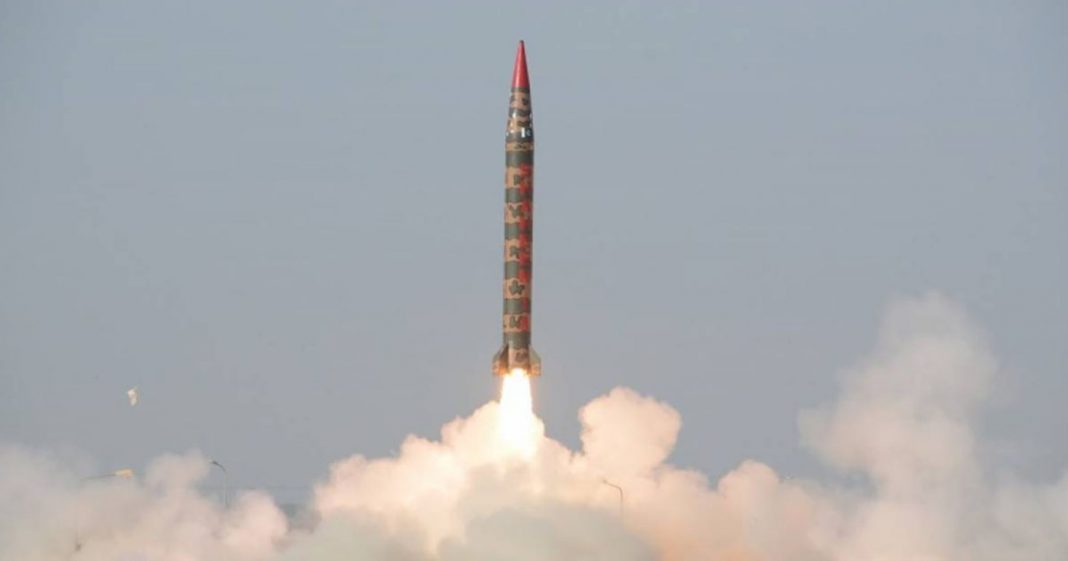In a development that could reshape the global nuclear balance, Pakistan is reportedly advancing a nuclear-capable intercontinental ballistic missile (ICBM) program that would give it the ability to strike the continental United States — a strategic shift that would elevate Islamabad into the ranks of the world’s most powerful nuclear states.
According to a high-profile exposé published by Foreign Affairs, U.S. intelligence agencies have uncovered classified evidence indicating that Pakistan, with covert support from China, is accelerating work on a long-range missile system designed to deliver a nuclear warhead over distances exceeding 10,000 kilometers.
Read more: Trump Slams Zohran Mamdani as “Communist Lunatic” After NYC Primary Win
The potential consequences are far-reaching. For the first time in history, Pakistan could place the U.S. mainland within its missile reach — transforming its nuclear strategy from one focused on deterring India regionally to one capable of global force projection aimed at discouraging American intervention in any future Indo-Pakistani conflict.
“If Pakistan obtains an ICBM, Washington will have no choice but to view it as a nuclear adversary. No nation with ICBMs capable of targeting the U.S. is considered a friend,” U.S. officials reportedly told Foreign Affairs, highlighting the seriousness of the situation. Such a capability could trigger a dramatic shift in U.S.-Pakistan relations, pushing Islamabad into the same category as current American nuclear adversaries like Russia, China, and North Korea.
Read more: Man Arrested for Attempted Murder of Iranian Refugee Toddler at Moscow Airport
Pakistan has long framed its nuclear weapons program as essential for offsetting India’s conventional military advantage, particularly in the wake of India’s nuclear tests in 1974 and 1998. This rationale led to the development of a diverse arsenal of short- and medium-range ballistic missiles — including the Hatf, Shaheen, and Ghauri systems — primarily aimed at delivering nuclear warheads across Indian territory.
However, the pursuit of an intercontinental strike capability marks a stark departure from this traditional deterrence framework. Analysts believe the move stems from Islamabad’s fear of a decapitation strike by the U.S. or Israel during a major crisis in South Asia, especially after India’s 2025 Operation Sindoor highlighted New Delhi’s growing interest in pre-emptive conventional attacks. By acquiring an ICBM capable of reaching the U.S. mainland, Pakistan may be seeking to establish a “deterrence envelope” that would dissuade American efforts to neutralize its nuclear arsenal in the event of war with India.
Currently, Pakistan does not possess a declared ICBM. However, it continues to expand its arsenal of nuclear-capable delivery systems, which are becoming more advanced in terms of range, survivability, and sophistication. Among these is the Shaheen-III — a solid-fuel, surface-to-surface missile tested in 2022 — with a range of over 2,750 kilometers, sufficient to target India’s Andaman and Nicobar Islands and reinforce Islamabad’s full-spectrum deterrence posture.














